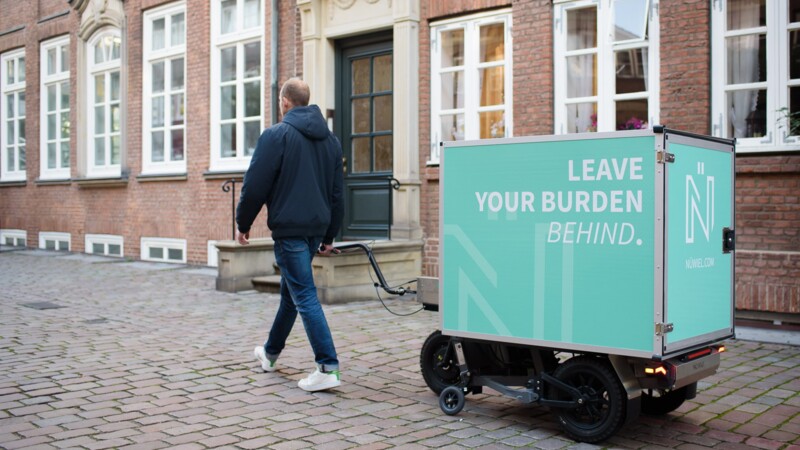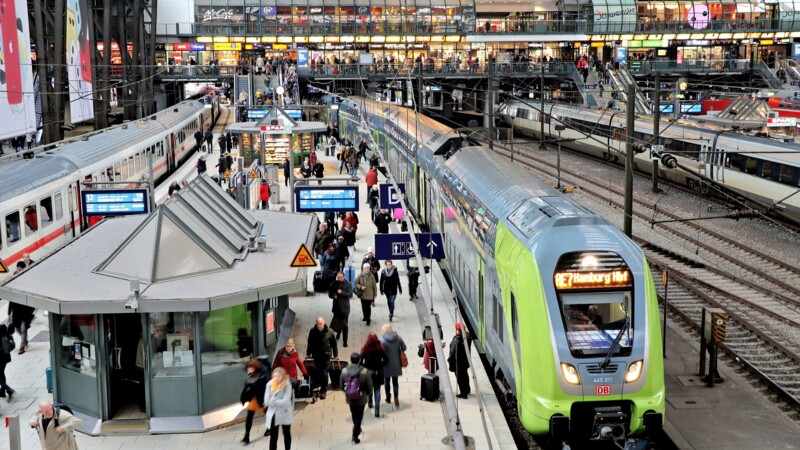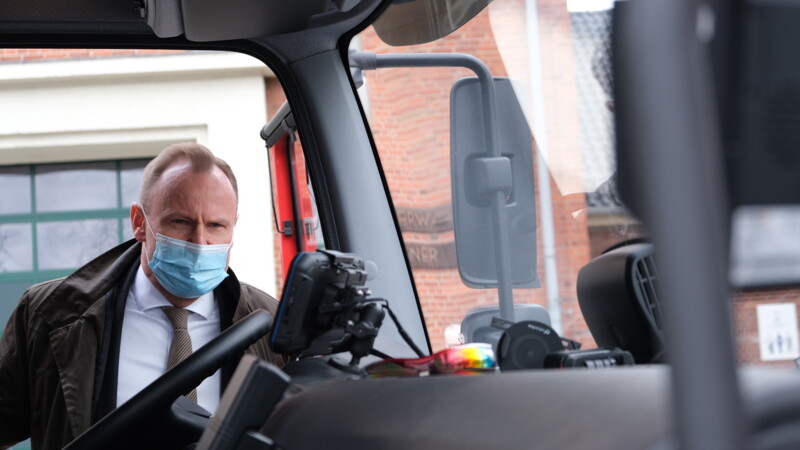"The taxi is an important part of the city's environmental network and should remain so in future," said Anjes Tjarks, Senator for Transport and Mobility Transition. "That's why we have developed the 'Future Taxi' project in broad collaboration with Hamburg's taxi operators and associations." The programme will allow Hamburg to play a pioneering role in the taxi industry and mobility transition, he added. Christian Brüggmann, Managing Director of Taxen-Union Hamburg, expects the industry to make a "significant contribution" to reducing CO2 locally in future, and noted: "The city supports participating companies with a very attractive funding programme and I am sure that the 'Future TaxI' project will help us win over many colleagues."
The City of Hamburg is putting EUR 10,000 in subsidies towards the purchase of electric-drive taxis and EUR 20,000 towards vehicles for transporting wheelchair users. The subsidies from the Hamburg Climate Plan are to be supplemented by private initiatives and taxi companies. Applications can be submitted from April 12, 2021. Around 1.4 million tons of CO2 must be saved in the transport sector by 2030 to achieve Hamburg's climate protection targets. The overall goal is to ensure the 3,200 taxis in Hamburg become more sustainable and inclusive as part of the "Future Taxi" project launched in early April.
"Future Taxi" project to reduce CO2 emissions locally
Savings of 25,000 tons in CO2 annually
The "Future Taxi" project is to receive up to EUR 3 million in funds from the Hamburg Climate Plan. Up to 25,000 tons of CO2 p.a. could be saved, if the fleet is fully converted, according to the Ministry for the Environment. The latest funds will subsidize up to 150 e-taxis initially. Around 200 more vehicles will follow from October 2021.
tn/sb/pb
Sources and further information
More
Similar articles

Rising demand for Nüwiel's bicycles trailers amid pandemic

HVV to expand transport district in 2022

